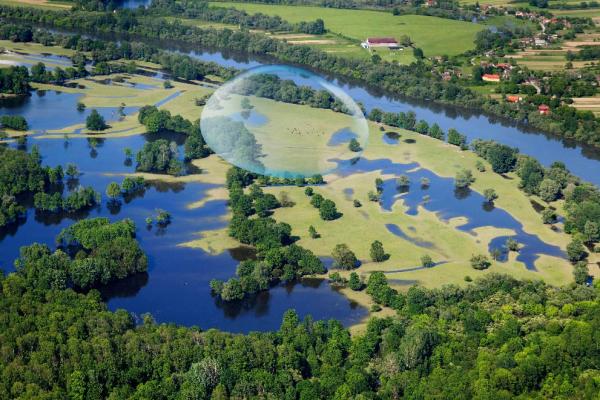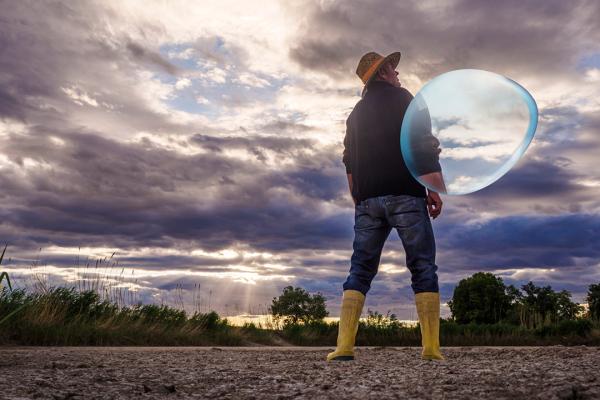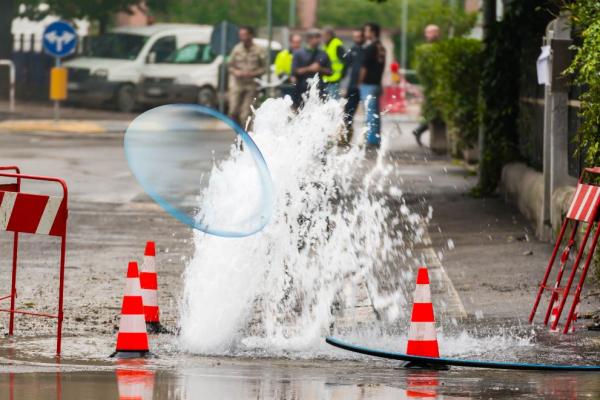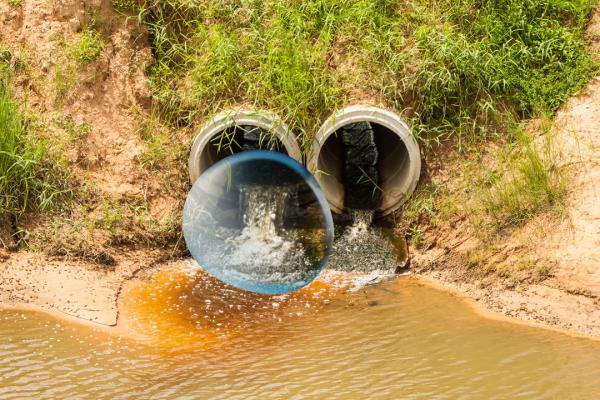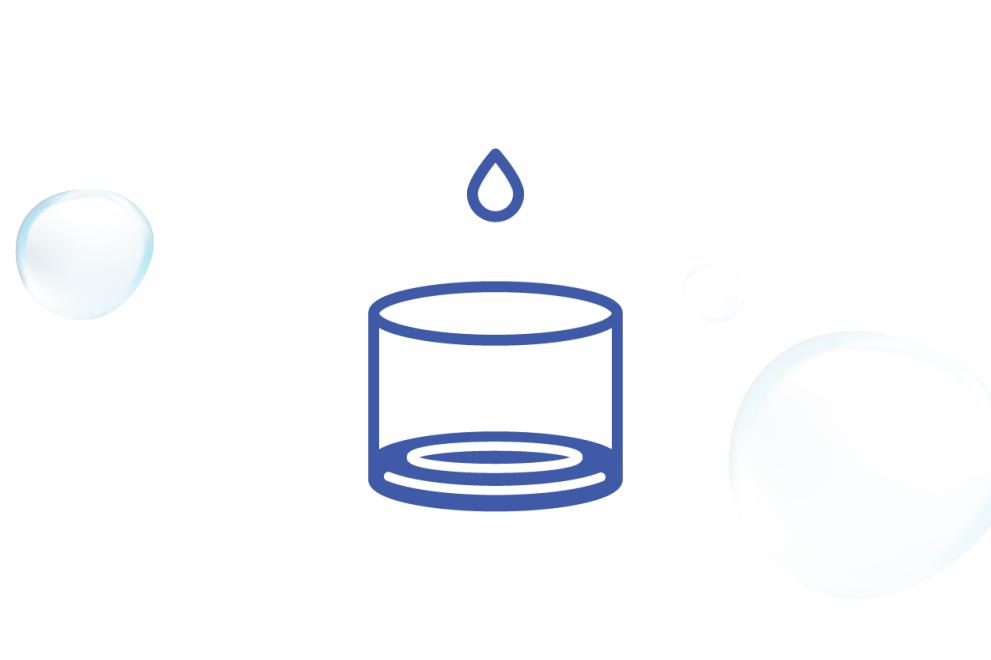 13%
13%of drinking water is drawn from off-grid resources like wells
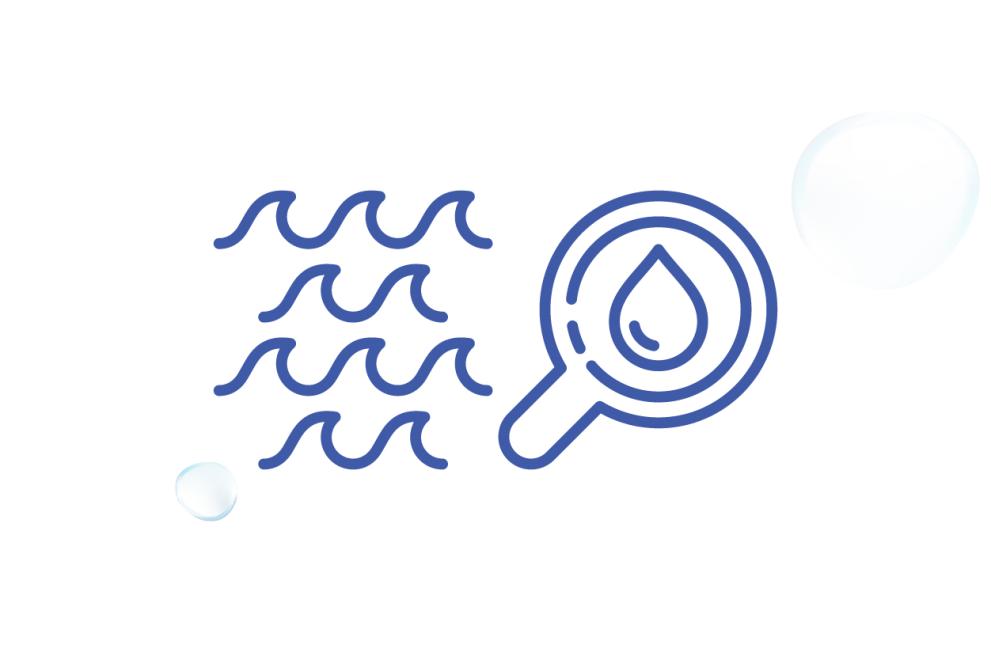 300,000 tonnes
300,000 tonnesof unexploded munitions lie at the bottom of the Baltic Sea, causing pollution
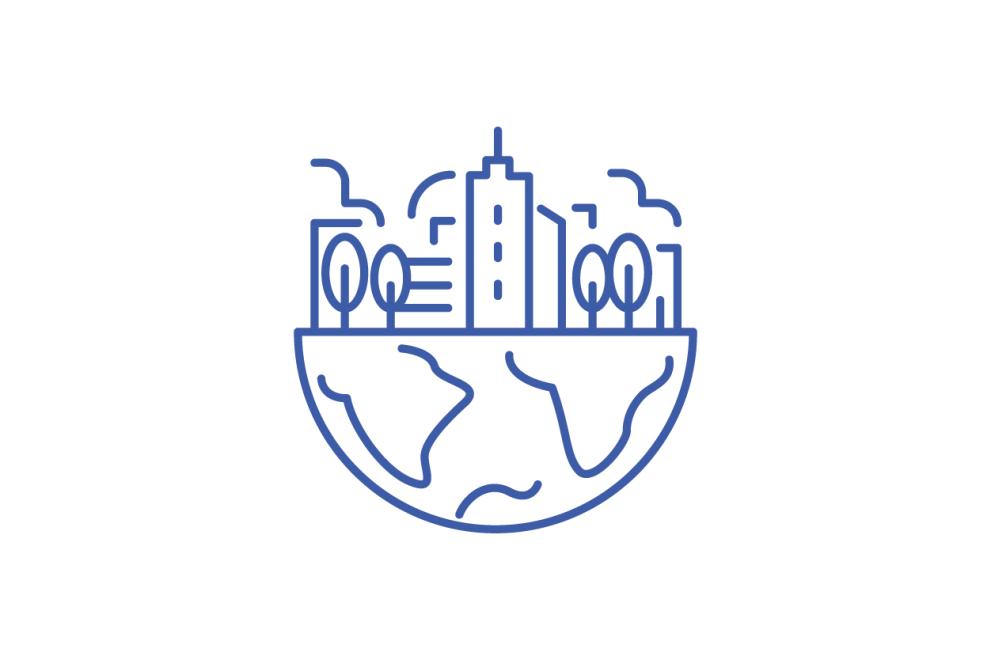 6%
6%of the population lacks access to modern sanitation
The issues affecting Lithuania’s waters
Lithuania faces several water challenges.
Lakes, rivers, as well as transitional and coastal waters across the country are polluted and do not have good chemical status, with less than half in good ecological status. This is primarily due to fertilisers and pesticides from agriculture entering the water, and some pollution stemming from urban runoff.
Nutrients flows from agriculture have also run directly into the Baltic Sea, making it one of the world’s most eutrophic seas. Eutrophic waters can cause excessive algae and plant growth, leading to oxygen depletion, which can be fatal to aquatic life. Concern around this issue has grown significantly in Lithuania and in other Baltic states, and a collective response is being planned. The EU is also funding projects to tackle this.
Lithuania’s ground water has also recently been affected by saline intrusions from the sea, which could be rising sea levels causing salt water to seep into the groundwater beneath. Over-abstraction of water from could also have contributed to or worsened this problem.
Individual wastewater treatment systems, like septic and sewage storage tanks, are also still prevalent across Lithuania, particularly in low populated areas. This can lead to wastewater not being treated or monitored properly.
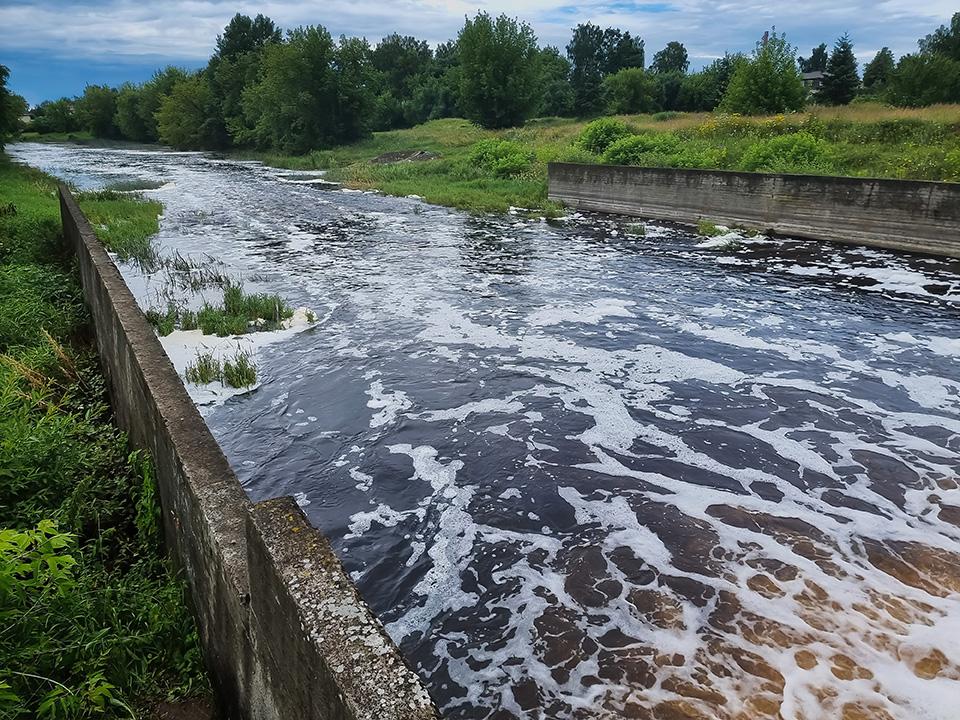
Solutions to the water issues in Lithuania exist
Steps that can be taken include the accurate monitoring of pollutants in surface water bodies.
The country is tackling some of its water concerns as part of specific programmes which address the environmental protection of the Baltic Sea, pressures from agriculture on ground and surface water bodies, drinking water supply and wastewater management.
In parallel, Lithuania has also invested heavily over the last two decades to improve water supply and wastewater treatment. As a result, today more than 90% of the population is connected to a safe water supply across the country.
As well as taking action at the national level, city and regional leaders are also working to find solutions. For example, Klaipėdos vanduo, the municipal water company in the Lithuanian city of Klaipėda, signed a €25 million loan agreement in 2023 to future-proof both its water supply and how it handles storm- and wastewater.
Lithuania has what it takes to make progress and improve the way water is managed, used and valued.
Explore water projects in Lithuania bringing fresh solutions
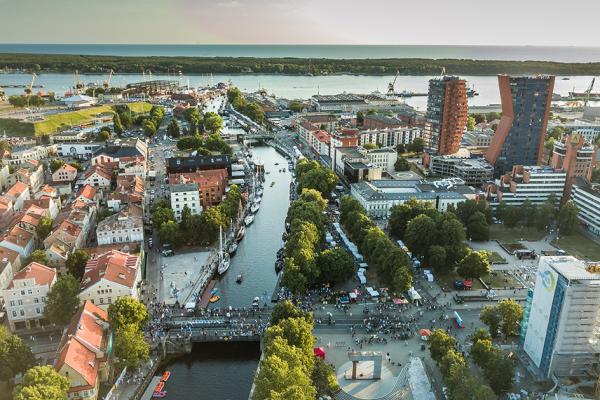
Increasing the availability of useable water is at the heart of this project in Klaipeda district.
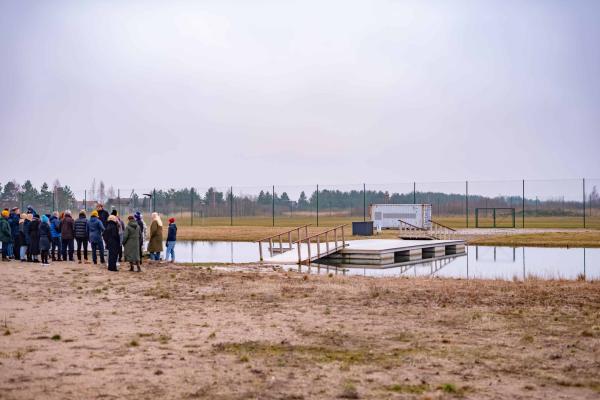
The WaterMan project promotes water reuse in the Baltic Sea region, by sharing knowledge and tools.
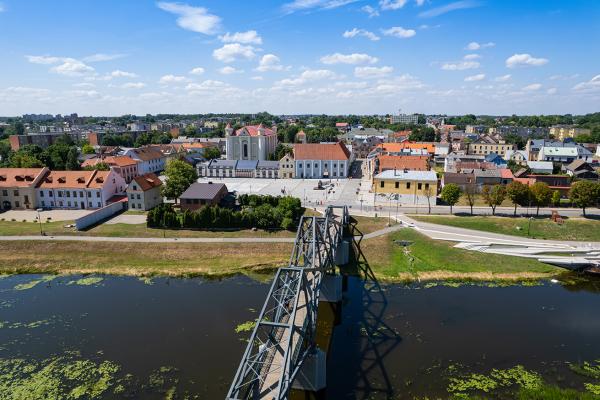
This project is improving the efficiency of wastewater management services and protecting the environment in Kėdainiai district.


